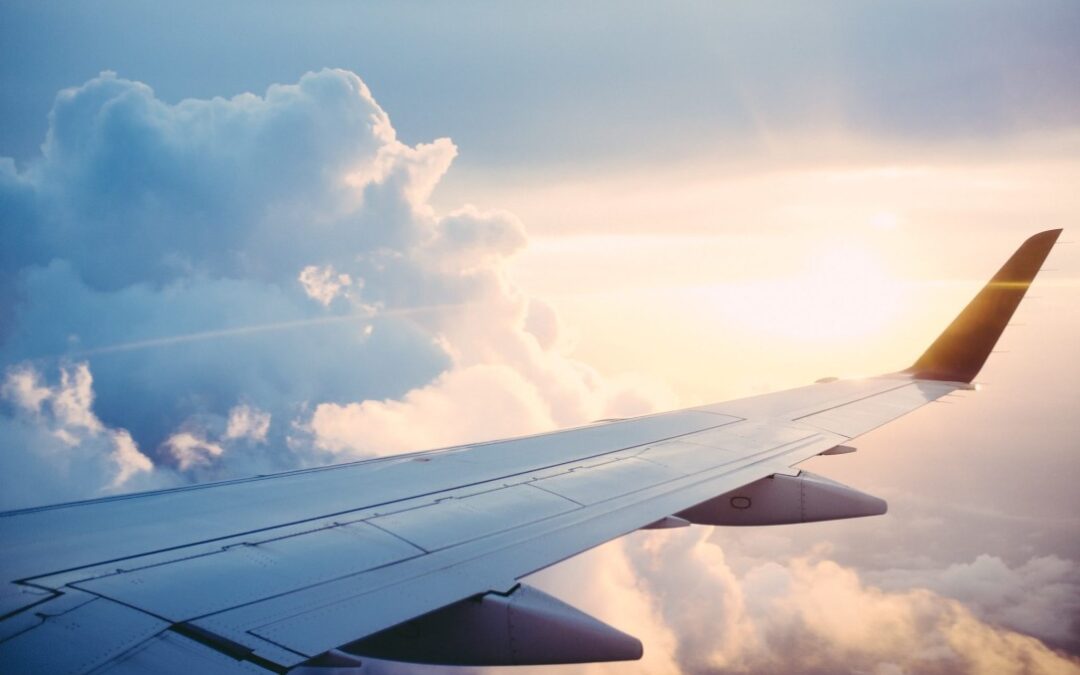A World Aviation Festival Blog – Sponsored by Mastercard
The economic impact of COVID-19 has exacerbated existing challenges for the travel industry, while adding significant new pressures. A lack of visibility and predictability over payment flows, long settlement periods, a lack of automation as well risk associated with data protection and fraud have long called for industry wide digitization to enable players large and small to interact more efficiently, more effectively and with greater flexibility.
Recent pandemic containment measures such as travel restrictions and quarantines have brought about significant unforeseen additional challenges, severely affecting the entire sector. While lockdown measures continue, the booking cancellations that operators face mean that the industry is currently paying out a substantial amount in refunds compared to what it is receiving in future bookings. Liquidity is now key and customer service is essential to protect long term relationships with travelers.
For an airline, already faced with a long list of objectives to cover; costs, conversion, user experience, cashflow, channels, integration, reconciliation, data security, fraud risk, compliance and regulations to mention just a few, when local governments shut down travel due to COVID-19, the massive number of flight cancellations added the urgent need for a strong focus on re-bookings, refunds (via call center, website and social media), loyalty, business continuity and in some cases survival.
Money flow suddenly reversed, sales abruptly stopped, and payments already received by the airlines for future departures had to be refunded, as mandated by local legislation. In addition to cash flow challenges caused by returning funds for months’ worth of bookings, airlines are faced with an unprecedented increase of customer service enquiries causing staffing issues and processing delays.
In an attempt to save hard needed cash, as an alternative to refunding the passenger, airlines started offering “vouchers” that can be used for payment of a future booking. These vouchers are typically valid for 12 months and can be used for bookings, in most cases, within a one year window. To incentivize the customer to utilize these vouchers, some airlines are also offering a “bonus”, for example 15% on top of the original amount. If the voucher is not redeemed within the validity period, automatic cash refunds will be initiated by the airline. Until recently, vouchers such as this have only been used as compensation, for example in the case of delayed flights.
As we move forward with the new normal we face and travel corridors and borders start to re-open and flight schedules come back online, it’s a good time to consider what payment trends were emerging before the outbreak that have the potential to enable a robust recovery.
In a recent Up in the Air poll on LinkedIn for B2C, credit cards in a mobile wallet and pay later solutions came out as the winners. Insurance against airline defaults and delayed payments come to mind as triggers behind this. In a similar poll for B2B, Virtual Card Numbers came out on top, airline and travel agency default protection, flexibility and opportunity to ramp up sales contributing to the result. Polls like this bring to life the key priorities of liquidity, security and flexibility and with such priorities set to remain for the significant future, it’s clear to see where virtual card technology could have an impact as we stabilize and recover.
The challenge now for organizations across the B2B payment space is to help airlines and agents with products that strike a balance between (incentivizing) sales, (lowering) processing costs and (improving) speed of payment, but are also scalable and relatively easy to implement / roll out.
According to Chris Fendley, EVP, Mastercard the organization has taken multiple measures to help airlines and other travel providers navigate the current challenges; “By extending guidance on rulings and best practice education and suspending excessive chargeback programs, we remain firmly by our partners side. Through our partnership with Ethoca we are helping to proactively resolve consumer disputes before they escalate and by launching new pricing tiers to the Mastercard Wholesale Program virtual card solution, we aim to increase protection and enable flexibility for travel buyers and suppliers in order to support growth.”
Covid-19 has shone a spotlight on friction across travel payment flows, our collective opportunity is to leverage the technology available and develop common standards across the ecosystem that support liquidity, mitigate risk, enable predictability and deliver flexibility – ultimately enabling the industry to emerge stronger than before and supporting greater agility across the sector.


